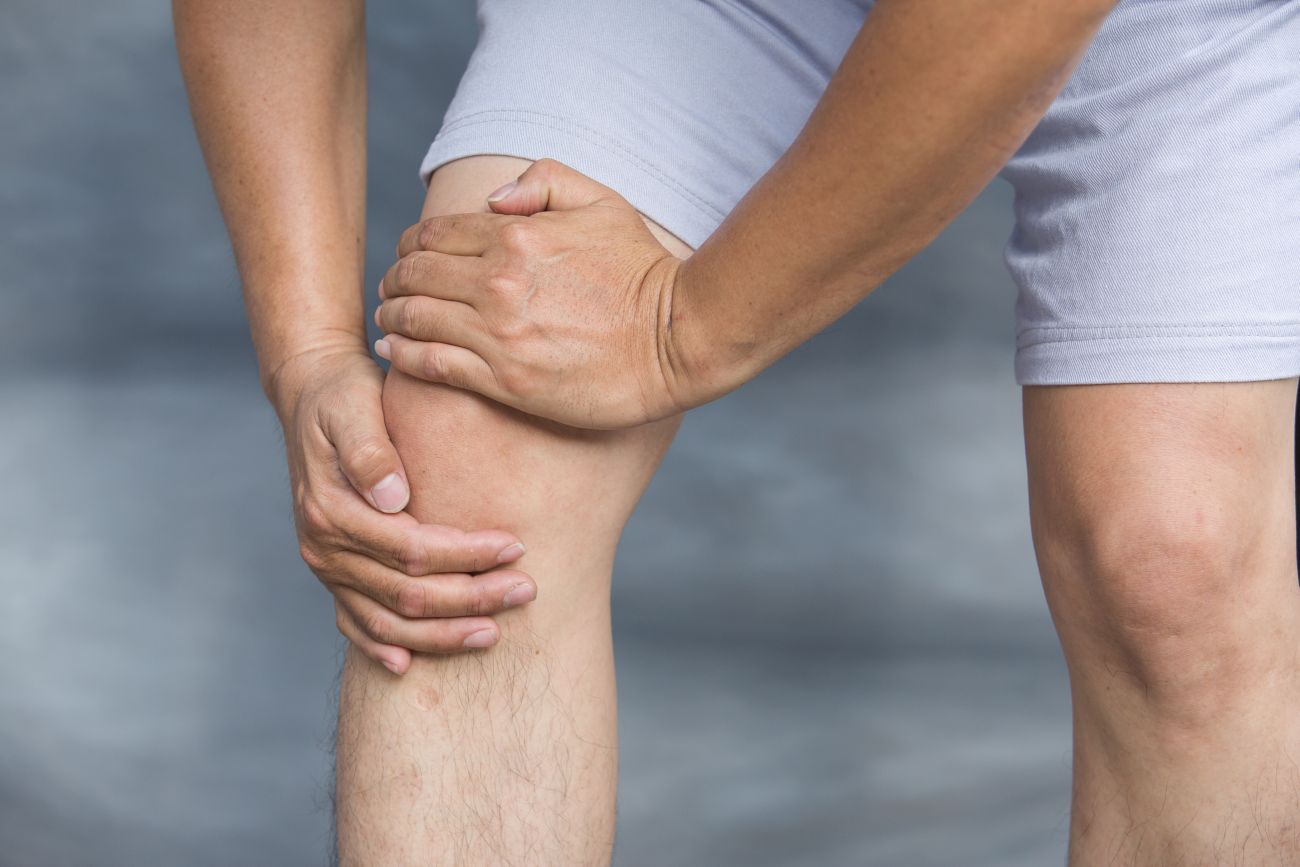Twitching in the knee, also known as knee spasms, is a common condition that can affect individuals of all ages. It is characterized by involuntary muscle contractions in the knee joint, which can range from mild to severe. While knee spasms can be benign, they may also indicate an underlying health condition that requires medical attention.1125Please respect copyright.PENANA3KC9L4Xe3w
 1125Please respect copyright.PENANAjJQIAtjJEP
1125Please respect copyright.PENANAjJQIAtjJEP
1125Please respect copyright.PENANA9YX1GcdoaL
Causes of Knee Twitching:1125Please respect copyright.PENANAnGKoeqkfJD
1125Please respect copyright.PENANAc51ofg8UT4
The knee joint is made up of several muscles, tendons, and ligaments that work together to facilitate movement. Knee spasms can occur when these structures are overused or fatigued, leading to muscle fatigue and irritation.1125Please respect copyright.PENANAmJEZLPuvWW
1125Please respect copyright.PENANAru9hqZhXQP
Some common causes of knee twitching include:1125Please respect copyright.PENANANUvIga0Ogk
1125Please respect copyright.PENANA0XHj7pNg28
1. Muscle Fatigue: Engaging in physical activities such as running, walking, or exercising for extended periods can cause muscle fatigue and twitching.1125Please respect copyright.PENANA4WDcytlnxx
1125Please respect copyright.PENANA7bYKFPZ8Nl
2. Dehydration: Dehydration can cause muscle cramps and spasms in various parts of the body, including the knee joint.1125Please respect copyright.PENANApMnvAgKmDm
1125Please respect copyright.PENANAHLHxHVK0zm
3. Vitamin Deficiency: Deficiencies in vitamins such as B12, calcium, and magnesium can cause muscle spasms and twitching in the knee joint.1125Please respect copyright.PENANADD2WHqh37j
1125Please respect copyright.PENANApnikkE9QyP
4. Nerve Damage: Injuries to the knee joint or damage to the nerves that control the knee muscles can cause knee spasms.1125Please respect copyright.PENANAe7ABYfWvzY
1125Please respect copyright.PENANA0tUaEa4JNA
5. Medications: Some medications such as diuretics, steroids, and antipsychotics can cause muscle spasms in various parts of the body, including the knee joint.1125Please respect copyright.PENANAqjNRJTX3uU
1125Please respect copyright.PENANAmO3rYFmcPj
Symptoms of Knee Twitching:1125Please respect copyright.PENANAqrs0zibJJQ
1125Please respect copyright.PENANAz54yJ5BGex
The symptoms of knee twitching can vary depending on the severity and underlying cause. 1125Please respect copyright.PENANAPNoHBRn3RP
Common symptoms include:1125Please respect copyright.PENANADlgdv2EtQg
1125Please respect copyright.PENANAFm0qN91GNx
1. Involuntary muscle contractions in the knee joint1125Please respect copyright.PENANAMPnB3Z6TLU
2. Pain or discomfort in the knee joint1125Please respect copyright.PENANAJkbOU6atCi
3. Swelling or inflammation around the knee joint1125Please respect copyright.PENANAfP9yPI9bmU
4. Stiffness or difficulty moving the knee joint1125Please respect copyright.PENANAA6p536JHWH
5. Tenderness or sensitivity to touch around the knee joint1125Please respect copyright.PENANADoeTOyxRrT
Treatment for Knee Twitching:1125Please respect copyright.PENANA2CEzUgJryZ
1125Please respect copyright.PENANAW1iGdObCC3
Treatment for knee twitching will depend on the underlying cause of the condition. In some cases, knee spasms may go away on their own without treatment. However, if the symptoms persist or worsen, medical attention may be necessary.1125Please respect copyright.PENANAcedpXtCCs6
1125Please respect copyright.PENANAcwdEynILjP
Some common treatments for knee twitching include:1125Please respect copyright.PENANAuq0V0dAF4w
1125Please respect copyright.PENANANmKj0Q5IcC
1. Rest and Ice: Resting the affected knee and applying ice can help reduce inflammation and alleviate symptoms.1125Please respect copyright.PENANAlqmSZpKTIS
1125Please respect copyright.PENANASAhaHS5fJv
2. Medications: Over-the-counter pain relievers such as ibuprofen or acetaminophen may help alleviate pain and discomfort.1125Please respect copyright.PENANAU2wAba8AUx
1125Please respect copyright.PENANA8kWgfQvnWN
3. Stretching and Exercise: Stretching and strengthening exercises can help alleviate knee spasms caused by muscle fatigue or weakness.1125Please respect copyright.PENANAovs0aNrwjh
1125Please respect copyright.PENANAhYlkQX5w6a
4. Hydration and Nutrition: Drinking plenty of water and eating a healthy diet can help prevent muscle cramps and spasms caused by dehydration or vitamin deficiencies.1125Please respect copyright.PENANA4umrWbEogM
1125Please respect copyright.PENANAb3C5woOU4J
5. Medical Intervention: In some cases, medical intervention may be necessary. This may include physical therapy, surgery, or medications prescribed by a healthcare provider.1125Please respect copyright.PENANAuOITUhBU8r
1125Please respect copyright.PENANAjVXbedtMCK
Conclusion:1125Please respect copyright.PENANAXUgJhKszoz
1125Please respect copyright.PENANA5Q777nZbhG
Knee twitching can be an uncomfortable and sometimes painful condition that can affect individuals of all ages. While knee spasms can be benign, they may also indicate an underlying health condition that requires medical attention.1125Please respect copyright.PENANAiB8FVcURJf
Understanding the causes, symptoms, and treatment options for knee twitching can help individuals alleviate symptoms and prevent future occurrences. If you are experiencing knee twitching or any other symptoms, it is important to speak with a healthcare provider to determine the underlying cause and appropriate treatment.1125Please respect copyright.PENANAVdPp52N1Kf
































